Heart of Matter

This last volume in Pierre Teilhard‘s collected works contains two previously unavailable essays of key importance: “The Heart of Matter,” a spiritual autobiography written in 1950,
Rediscovering Fire

by Ursula King: [Teilhard’s] vision of love is a spirituality that celebrates the oneness of creation, a spirituality that acknowledges love as the clearest understanding we have of God, of ourselves, of history, and of the cosmos. – David Tracy, theologian
The Phenomenon of Pierre Teilhard de Chardin

by H. James Birx, Visiting Scholar, Harvard University, 1997: Are science and theology reconcilable in terms of evolution?
Start The Year Off Right, Sans Sugar – Dr. Alberto Villoldo

by Dr. Alberto Villoldo: One Spirit Medicine states that the best way to heal and maintain health is to grow a new body on a regular basis…
Nobel Prize To A Dissident: My Appeal To The World 2009 By Dalai Lama

by Dalai Lama: Every March 10th, from 1961 until 2011, in commemoration of the greatest uprising of the Tibetan people against the Chinese military occupation…
The I Ching: A Biography – Excerpt
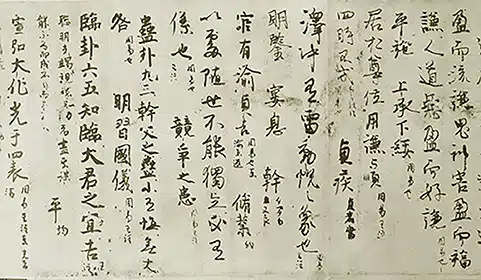
The following is an excerpt from ‘The I Ching: A Biography‘ by Richard J. Smith. What makes a classic?
What Greek Wisdom Can Teach The Rest Of The World About Living Well

by The Huffington Post: “I came to the Greeks early, and I found answers in them,” writer and classicist Edith Hamilton once said.
Jim Carrey’s Inspirational Commencement Address to the 2014 MUM Graduates
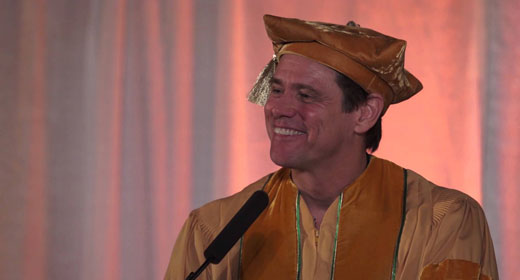
Watch Jim Carrey’s full commencement address that he gave to the Maharishi University of Management’s graduating class
Abundance And Gratitude – Jack Kornfield

by Jack Kornfield: Mistakenly, some people think that Buddhism condemns all desire…
5 Ways To Increase And Maximize Kundalini Energy On A Daily Basis
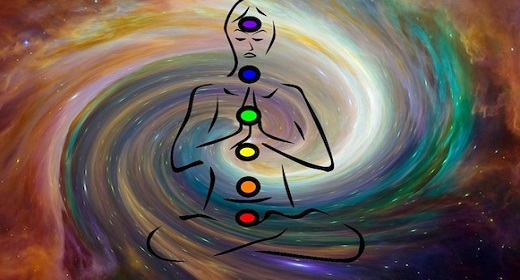
by Michelle Estevez: The word kundalini comes from the Sanskrit word which means “coiled up…”
Osho on Patanjali Yoga – Yoga is pure Science
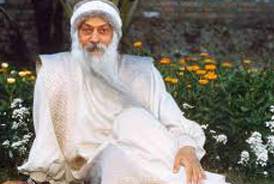
by Osho: Yoga is not a religion-remember that. Yoga is not Hindu, it is not Mohammedan. Yoga is a pure science just like mathematics, physics or chemistry.
Pantanjali: A biography

Almost everything about Patañjali is unknown. Even his most basic biographical details are disputed. And of the little that is known, much is mired in myth.
The Yoga Aphorisms of Pantanjali

by William Q. Judge: This edition of Patanjali‘s Yoga Aphorisms is not put forth as a new translation, nor as a literal rendering into English of the original.
The Yoga Sutras of Patanjali: Intro to Book 1

by Charles Johnston: The Yoga Sutras of Patanjali are in themselves exceedingly brief, less than ten pages of large type in the original. Yet they contain the essence of practical wisdom, set forth in admirable order and detail.
The Eight Limbs

In Patanjali‘s Yoga Sutra, the eightfold path is calledashtanga, which literally means “eight limbs” (ashta=eight, anga=limb).
Yoga Sutras of Patanjali

Mahamandaleshwar Paramhans Swami Maheshwarananda, founder of Yoga in Daily Life system, explains Sutra 1 from the Yoga Sutras of Patanjali.
Yoga Sutras of Patanjali 1/2

Mahamandaleshwar Paramhans Swami Maheshwarananda, founder of Yoga in Daily Life system, explains Sutra 1 from the Yoga Sutras of Patanjali.
A Tale to Tell: Milton Erickson’s Modern Narrative

by Marnie McGann: Milton H. Erickson, MD, was a psychotherapist 50 years ahead of his time.
The Confusion Technique

Excerpted from Experimental Hypnosis, by Leslie LeCron, from a chapter titled: “Deep Hypnosis Techniques”
Carl Rogers, The Evolution of Psychotherapy Conference, 1985
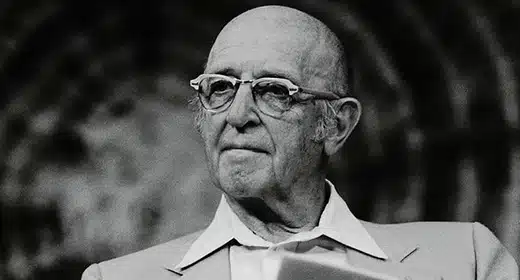
A talk by Carl Rogers.
Carl Rogers: The Conversation

A conversation with Carl Rogers from 1983.
Carl Rogers Therapy: The Struggle for Self-Acceptance
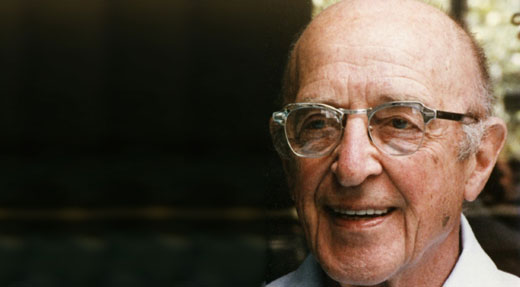
Carl Rogers has an intimate session with his patient Sylvia in The Struggle for Self-Acceptance from 1980.
Foreword to ‘Carl Rogers: The Quiet Revolutionary, An Oral History’

by Eugene T. Gendlin: Carl Rogers is world renowned for originating and developing the now prevailing humanistic trend in psychotherapy, having pioneered in research and having influenced all fields related to psychology. He was already well known when I started working with him in 1952. Visitors came from everywhere.
Carl Rogers

by Saul McLeod: Carl Rogers (1902-1987) was a humanistic psychologist agreed with most of what Maslowbelieved, but added that for a person to “grow”, they need an environment that provides them with genuineness (openness and self-disclosure), acceptance (being seen with unconditional positive regard), and empathy (being listened to and understood).
